Eastern Europe battles surge in COVID-19 cases, infections surpass 20mn
Eastern Europe continues to grapple with the coronavirus pandemic, as the tally of infections recorded so far has surged past the 20-million mark, according to a latest tally.
Countries in the worst-affected region have the lowest vaccination rates in Europe, the Reuters data reveals, with less than half of the population receiving a single vaccine jab.
New COVID-19 infections in the region have surged alarmingly in recent months, averaging over 83,700 new cases per day. Russia, Ukraine and Romania are the countries with highest pandemic fatalities.
While it constitutes just 4 percent of the world’s population, eastern Europe accounts for nearly 20 percent of all new cases reported globally, the Reuters data reveals.
Russia, which accounts for 40 percent of all new cases in eastern Europe, on Friday reported record COVID-19 fatalities for the fourth straight day. Reuters study found that 120 people were testing positive every five minutes in the country.
The country has so far vaccinated about 36 percent of its population with at least one dose.
In a bid to stem the tide of virus, Russian capital city Moscow will be shutting down for all businesses next week, excepting those deemed necessary such as supermarkets and pharmacies.
Ukraine also registered record single-day coronavirus infections and associated deaths for the second consecutive day on Friday. The country has announced a state of emergency that allows authorities to impose curbs until year-end to rein in infections.
In Romania, hospitals have been overwhelmed while emergency beds are running full across the country, according to reports. Morgues are also bursting at the seams.
The country reported record number of daily coronavirus fatalities and infections last Tuesday. The virus has been killing one person every five minutes this month with inoculation program abysmally slow.
World Health Organization (WHO) emergency director, Mike Ryan, has blamed indoor social gatherings after the easing of restrictions as a reason for the rise in COVID-19 infections in European countries.
“Most of those restrictions are now not in place anymore in many countries. And we're seeing that coincide with the winter period in which people are moving inside as the cold snaps appear," Ryan was quoted as saying on Thursday.
“The question remains as to whether or not we will have the same experience as last year with health systems coming once again under pressure,” he added.
Coronavirus in UK
In related news, the United Kingdom (UK) has reported a record number of new cases of COVID-19.
On Saturday, a day after UK Prime Minister Boris Johnson played down the prospect of a return to lockdown, government figures showed 333,465 people in Britain had tested positive for COVID-19.
It marks a 15 percent rise in new infections compared to the previous week and the highest total since the seven days to July 21.
Daily figures on https://coronavirus.data.gov.uk showed there were 44,985 new cases on Saturday and 135 fatalities within 28 days of a positive test.
Deaths have risen by 12 percent over the past week, and the total since the start of the pandemic.
UK hospitals are already stretched to their limit and Britain's current death rate is far higher than many of its European neighbors.
UK Government health advisors said on Friday that measures that can help slow the spread of the disease, such as tele-working, might be necessary to be re-imposed.
Johnson, however, insisted that he did not expect a return to lockdown. "We see absolutely nothing to indicate that is on the cards at all," he claimed on Friday.
The UK and Russia both have recorded highest rates in COVID-19 fatalities in Europe.
FBI chief vows to ‘hunt down’ those who kill American citizens – except Israel
VIDEO | Exclusive: Armed Forces spokesman says Iran will never give in to US pressure amid talks
Iran‑US talks ‘good opportunity’ to resolve nuclear issue: President Pezeshkian
Iran seeks result-oriented talks, progress depends on US seriousness: Araghchi
VIDEO | Efforts to stabilize Gaza Strip hitting diplomatic wall
Decades of broken promises, aggression, Israeli pressure leave Iran no reason to trust US: Analyst
Iran to unveil its first indigenous radar imaging satellite soon
North Korea's Kim says military will ‘widen fighting front’ in 2026


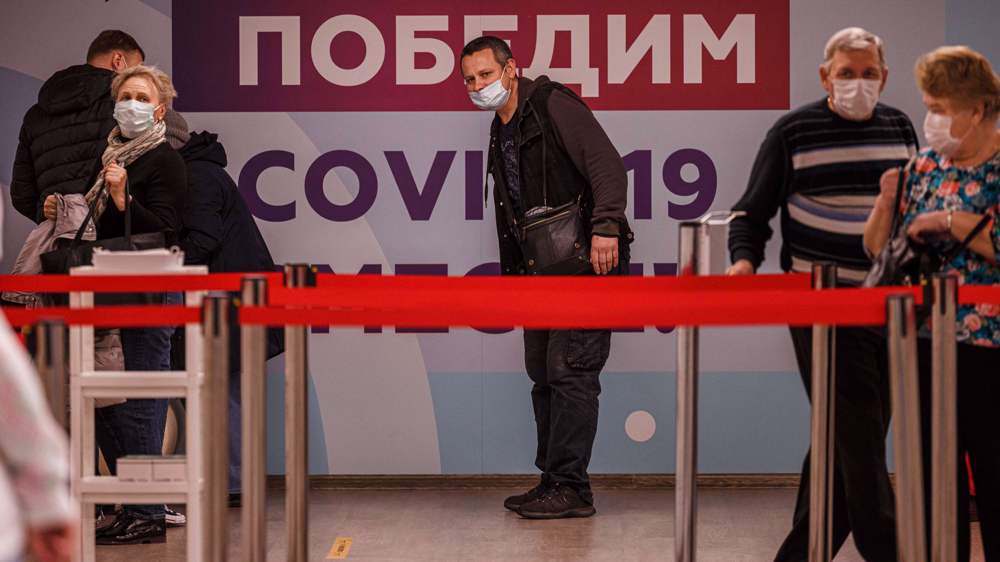
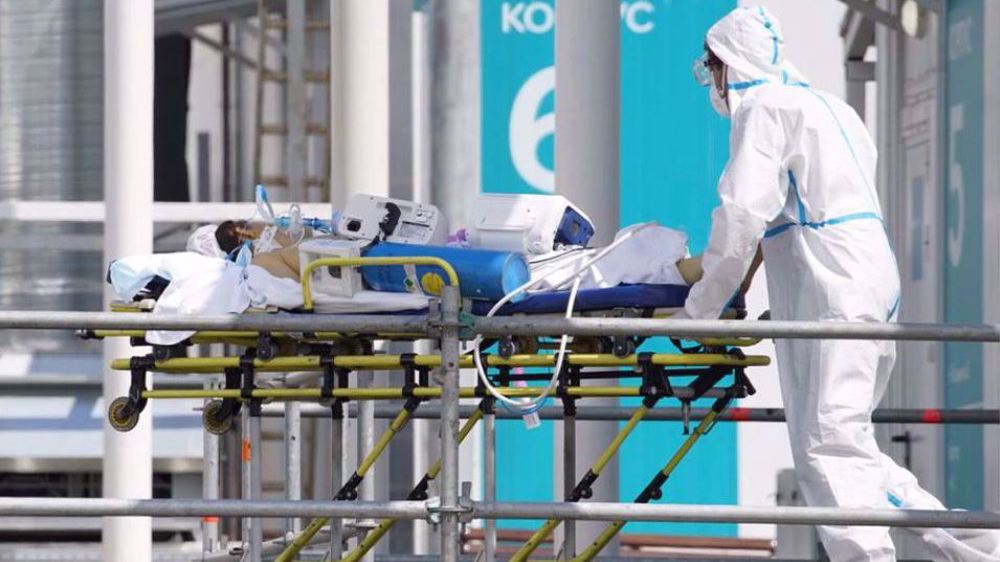
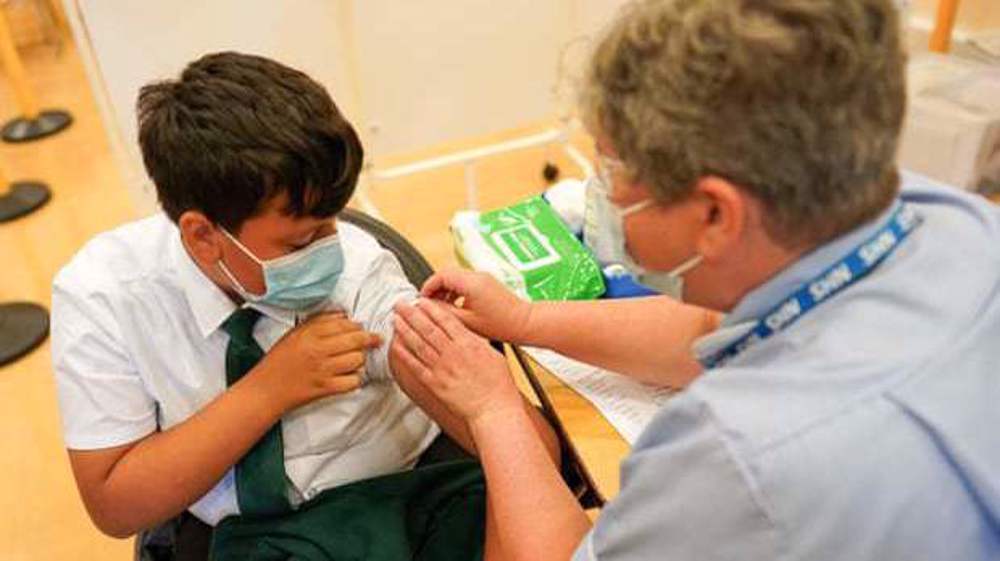
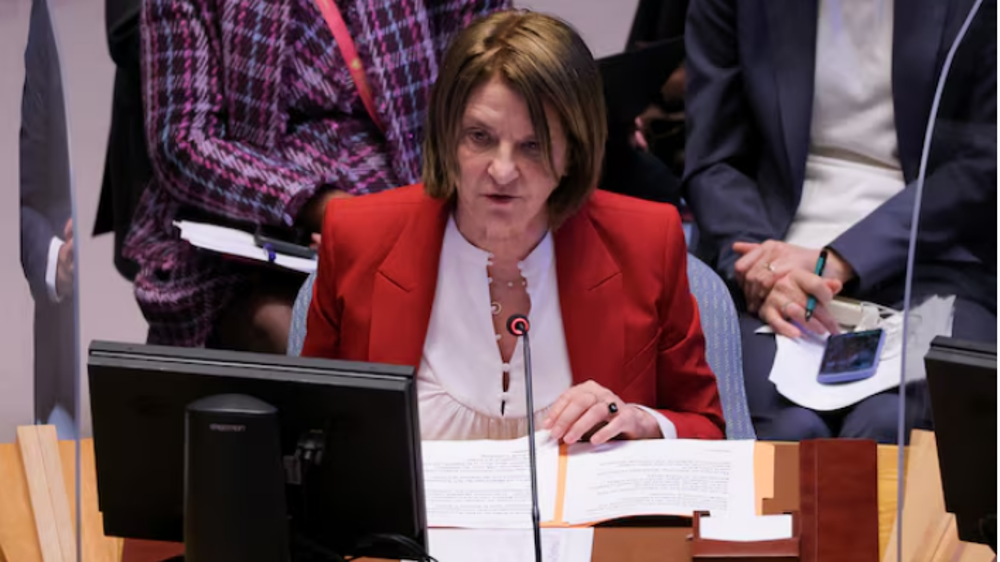
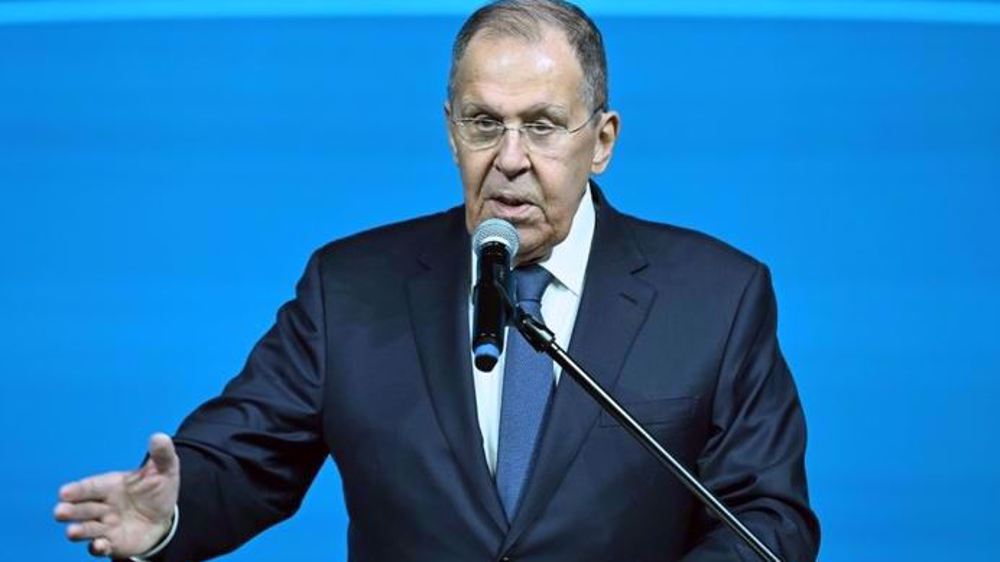
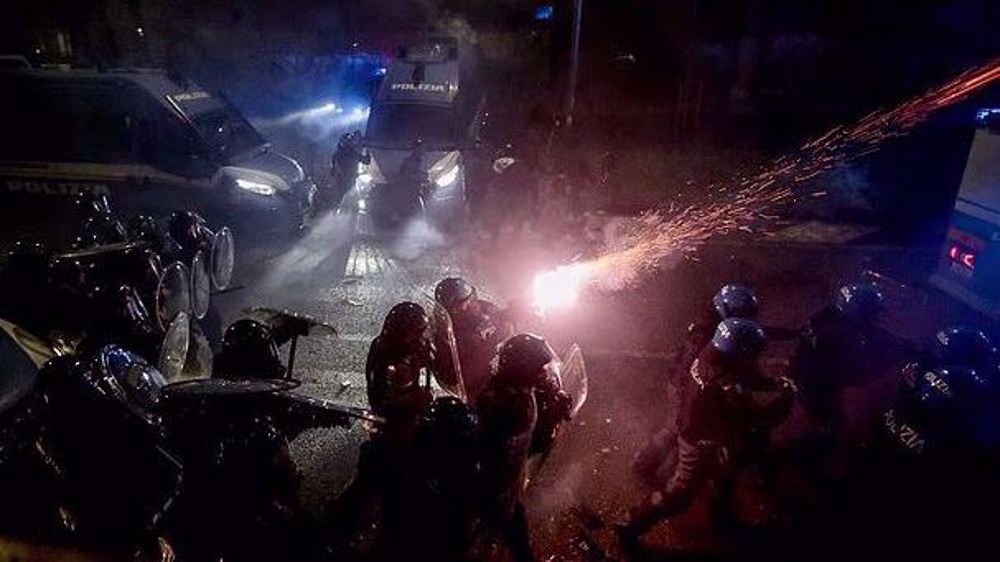



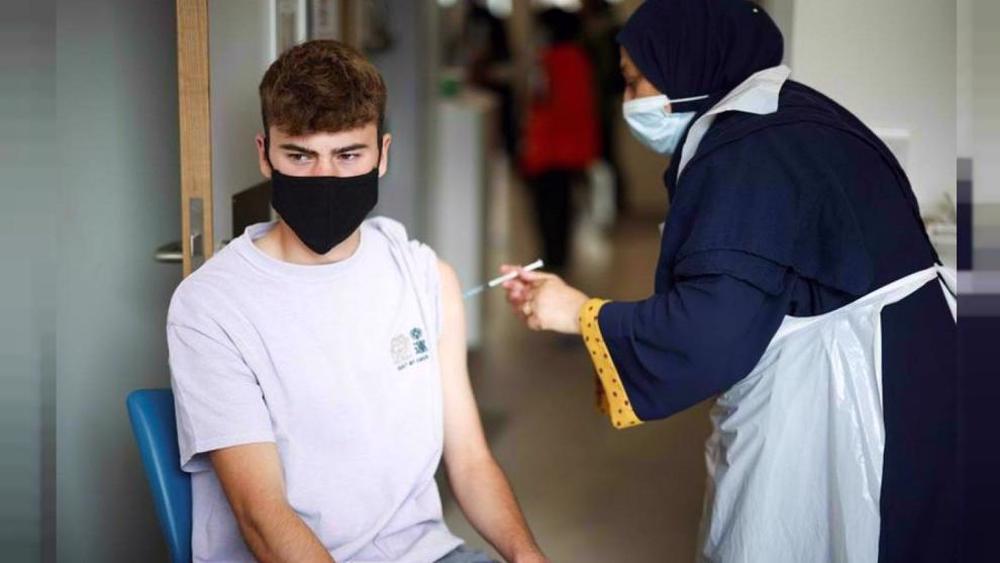
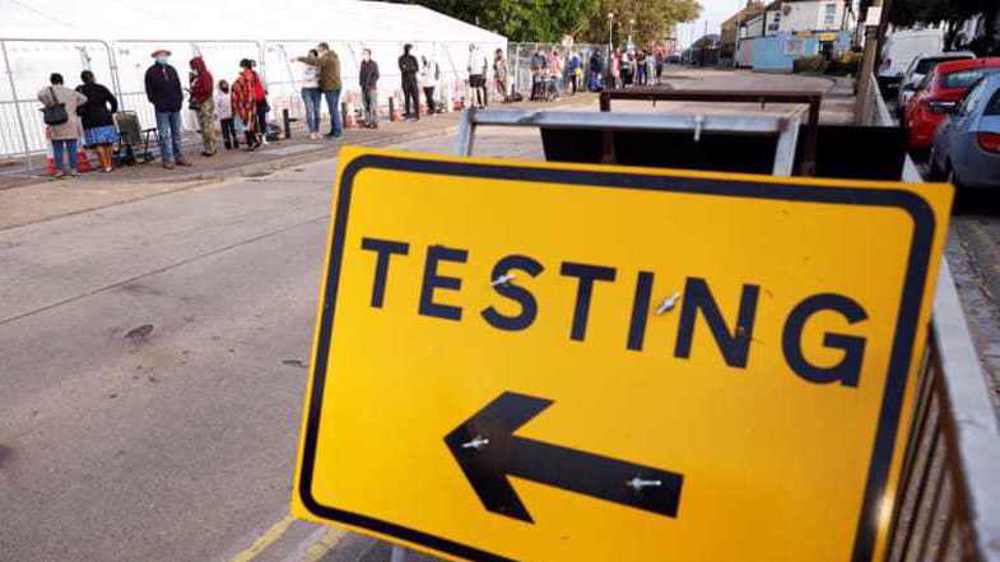
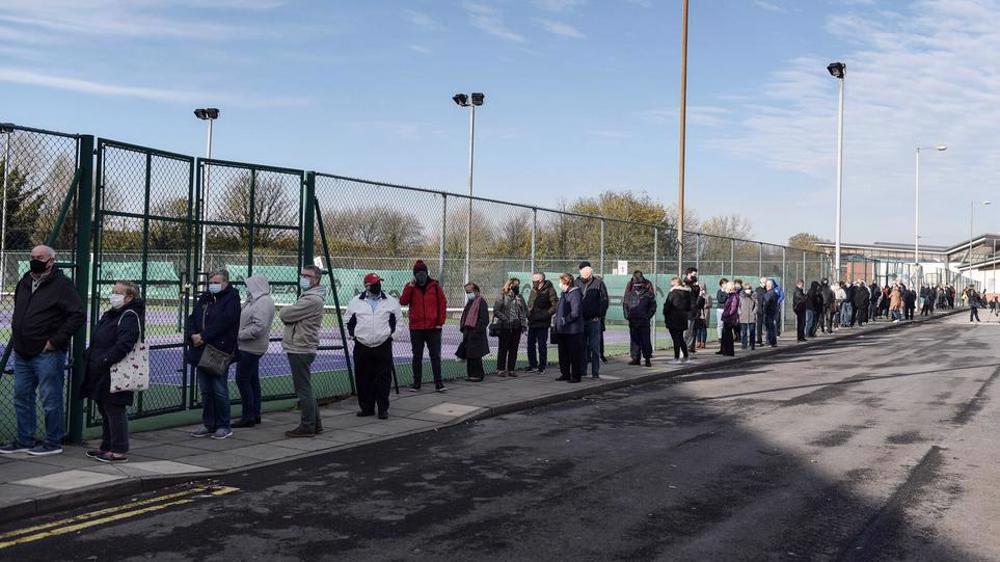

 This makes it easy to access the Press TV website
This makes it easy to access the Press TV website